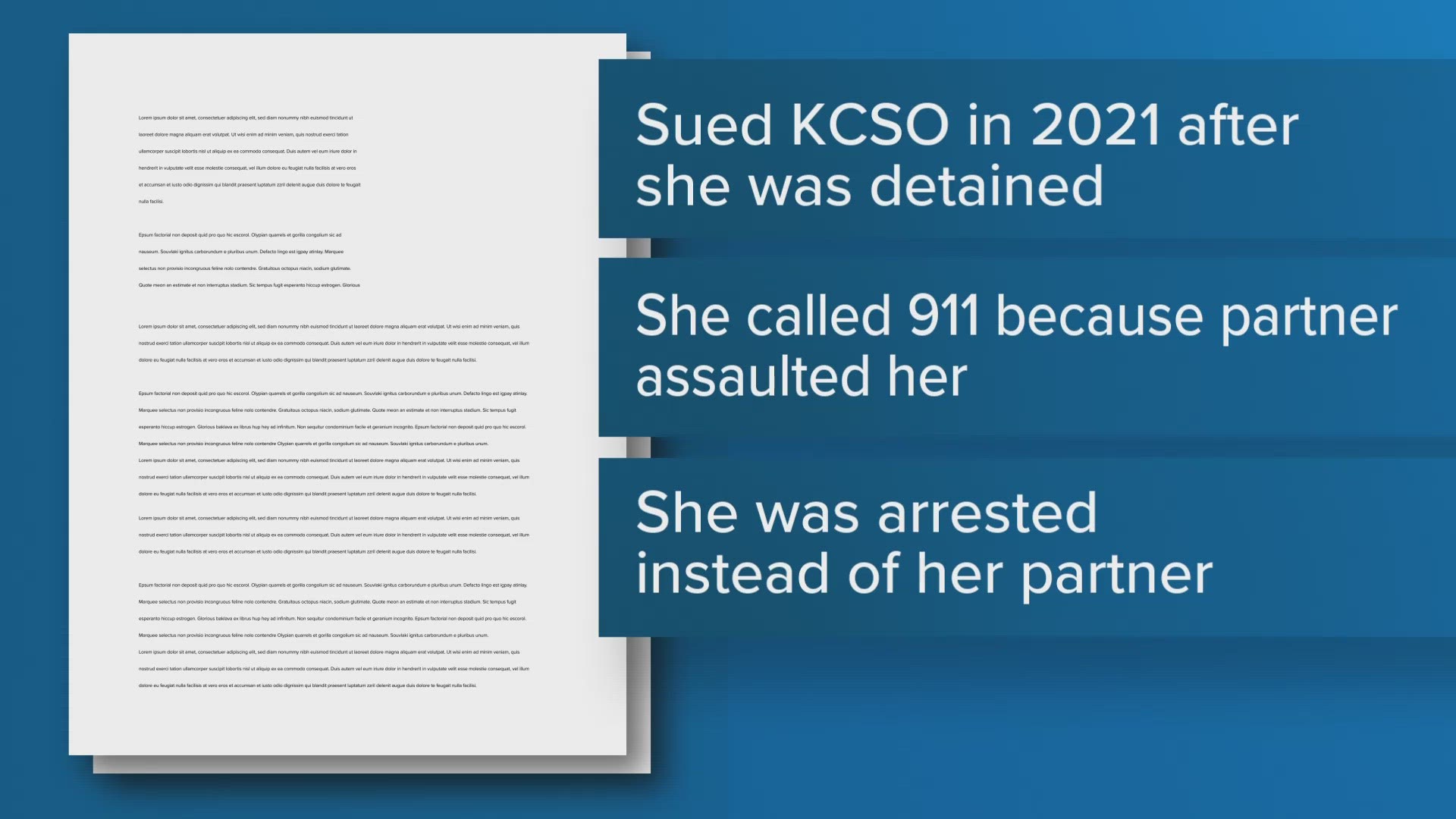KNOXVILLE, Tenn. — A woman's bid to halt the Knox County Sheriff's Office's participation in ICE's 287(g) agreement was denied, according to court documents.
The controversial 287(g) program trains deputies to check a suspect's immigration status after an arrest is made.
Maira Oviedo-Granados sued KCSO in 2021 after deputies held her for violating immigration law, the lawsuit said.
Lawyers asked Judge Thomas A. Varlan to block KCSO from implementing its 287(g) agreement with ICE, through a preliminary injunction.
In his order, Varlan said lawyers arguing on behalf of Oviedo-Granados didn't prove the 287(g) program would cause her irreparable harm if it continued.
According to the lawsuit, Oviedo was detained from November 2020 to January 2021.
The lawsuit said KCSO used a "287(g) Agreement," which gives KCSO deputies authority to "identify and process noncitizens," according to the Department of Homeland Security. The program has been controversial in Knox County for several years.
More specifically, the agreement, which delegates immigration authority from federal agents to local law enforcement, lets the sheriff's office interview detainees in the jail regarding their immigration status, make determinations about their deportability and access federal databases and computer systems, according to experts.
The plaintiff's lawyers argued that the 287(g) agreement is illegal because the Knox County Commission did not vote to give the sheriff's office the authority to enter into that agreement.
The lawsuit cites TCA 50-1-101(a), a state law from 2007 that requires law enforcement agencies to get "approval from the governing legislative body" before entering into such agreements.
However, in a memorandum from 2021, the Knox County law director said a statute passed in 2018 supersedes TCA 50-1-101(a), and it does not require approval from the legislative body.
Yet the law requires the governor, the lieutenant governor and the Speaker of the House to be notified, which the sheriff's office did in 2021—after Oviedo had been detained.
The lawsuit said Oviedo called 911 because her partner assaulted her. Through an interpreter, she told the 911 operator she was worried he had a gun, according to the transcript.
When deputies arrived, they arrested Oviedo instead of her English-speaking partner, the lawsuit said. Court documents show Oviedo was charged with simple assault.
Once the magistrate judge saw the 911 transcript, the judge dismissed the case, according to the lawsuit.
Oviedo was released from detention while she awaits the results of her pending asylum claim.

